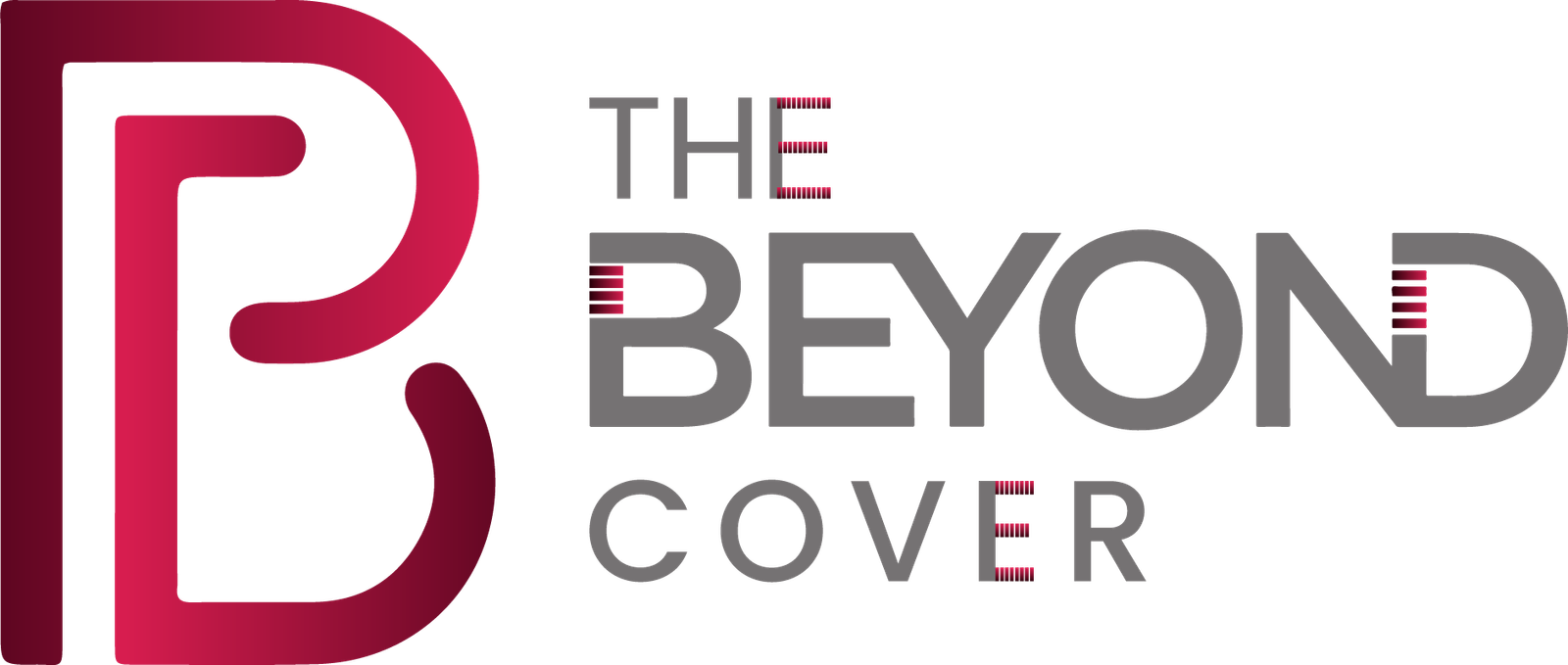We’ve all experienced technology doing something unexpectedly helpful—whether it’s your smartphone predicting your next word or an AI assistant simplifying your schedule. But what happens when technology crosses the line from convenience into ethical grey zones?
This week, artificial intelligence became the focal point of global conversations. With major tech players like SoundCloud and Amazon unveiling significant updates—and the U.S. Copyright Office undergoing controversial leadership changes—the spotlight is on AI accountability.
Here’s a look at the biggest developments.
SoundCloud Addresses AI Training Controversy
Music streaming giant SoundCloud found itself in the middle of an AI ethics debate after a February 2024 update to its Terms of Service raised concerns among artists and digital rights advocates.
The updated terms hinted at the possibility of user-uploaded content being utilized for AI training. This sparked alarm among musicians and AI critics, including tech ethicist Ed Newton-Rex, who flagged the change on social media and urged swift clarification.
In response, Marni Greenberg, SVP at SoundCloud, explained that the changes were intended to clarify how AI is internally used—such as for recommendation algorithms, fraud detection, and content organization—not for training generative AI models.
To address ongoing concerns, SoundCloud reaffirmed its stance:
“Content will never be used for AI training without explicit permission. We prioritize consent, attribution, and fair compensation.”
The platform also introduced a “no AI” tag that flags content as off-limits to external AI systems. In addition, SoundCloud promised to build clear opt-out options if generative AI training were ever considered in the future.
Still, many creators remain skeptical, particularly due to the platform’s lack of transparency when updating such crucial policies. Critics say meaningful changes like these should involve direct user notifications, not silent adjustments.
Amazon Unveils Vulcan: A Tactile AI Robot for Warehouses
While SoundCloud works to clarify its AI policies, Amazon is pushing AI boundaries by blending robotics with touch sensitivity.
At the Delivering the Future event in Germany, Amazon revealed Vulcan, a revolutionary AI-powered robot designed to operate in dynamic warehouse environments. Unlike traditional bots that rely solely on vision systems, Vulcan incorporates tactile sensors, pressure feedback, and stereo cameras to physically interact with products more safely and precisely.
“Vulcan marks a new era of physical AI,” stated Amazon CEO Andy Jassy. “By combining sight and touch, we’re making machines smarter, more aware, and more supportive to our workforce.”
Key features include
- Pressure-sensitive suction cups that grip items with care
- Force-feedback algorithms that learn from real-world handling
- Adaptive navigation in cluttered, high-volume environments
Capable of managing up to 75% of Amazon’s warehouse inventory, Vulcan doesn’t aim to replace human jobs. Instead, it supports staff by handling repetitive tasks while creating new opportunities in robotics monitoring and maintenance roles, complete with employee upskilling programs.
This physical AI innovation demonstrates the power of specialized training data—raising new questions about what kind of data AI should be allowed to learn from.
Copyright Office Director Fired After AI Training Report Release
As the private sector races ahead, a storm is brewing in Washington, D.C.
In a move labeled unprecedented and politically driven, Shira Perlmutter, the director of the U.S. Copyright Office, was removed just days after her office released a critical AI training report.
The report, the third part of an ongoing AI copyright study, challenged the notion that using copyrighted content for AI training always falls under fair use. It warned against large-scale, commercial AI training on protected content, especially when the data is acquired illegally.
“Using copyrighted works at scale to generate commercial outputs that compete with original creators—particularly through unauthorized access—exceeds the boundaries of fair use,” the report stated.
Perlmutter reportedly opposed Elon Musk’s proposal to train AI on copyrighted material without licensing, a stance critics say led to her dismissal. Musk has been a vocal critic of intellectual property rights, famously suggesting governments abolish IP laws to promote open data access for AI.
Adding to the controversy, Librarian of Congress Carla Hayden, who appointed Perlmutter, was also dismissed that same week. Lawmakers, including Rep. Joe Morelle, condemned the firings, describing them as a “power grab” and a threat to copyright protections.
In its report, the Copyright Office advocated for modern licensing frameworks that would allow creators to benefit when their work is used for AI training, rather than letting tech companies exploit copyrighted content for free.
Are AI Ethics and Regulation Colliding?
From SoundCloud walking back unclear AI clauses and Amazon introducing robots that can “feel” to the forced exit of top copyright officials—this week underscored a growing divide between AI innovation and policy enforcement.
The central question is shifting from “Can we do this with AI?” to “Should we—and who decides?”
While platforms and companies tout responsible AI, critics argue that transparency and consent are often afterthoughts. The tension between corporate advancement and creator protection is intensifying, especially as generative AI becomes increasingly capable of mimicking—and potentially replacing—original content.
Why This Matters
The developments this week highlight the urgent need for clear governance, creator rights, and transparent AI frameworks as the technology becomes more embedded in everyday life.
Whether it’s
- Musicians worried about losing control of their songs.
- Warehouse workers adapting to robotic coworkers, or
- Policymakers battling for fair use boundaries,
One thing is clear: AI is evolving faster than the rules around it.
And in this AI arms race, creators, lawmakers, and tech companies must come together to define a future where innovation doesn’t eclipse ethics.


























